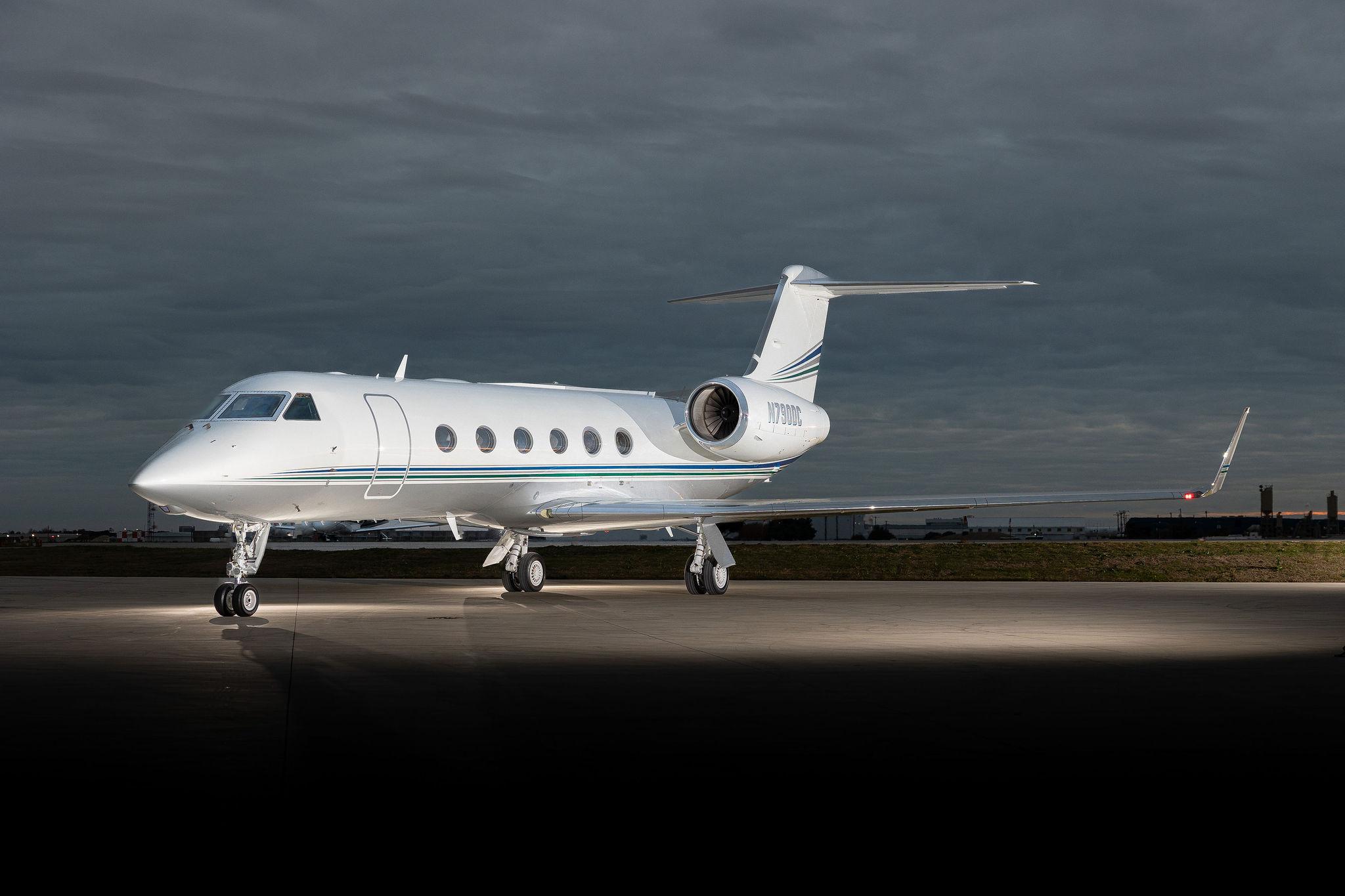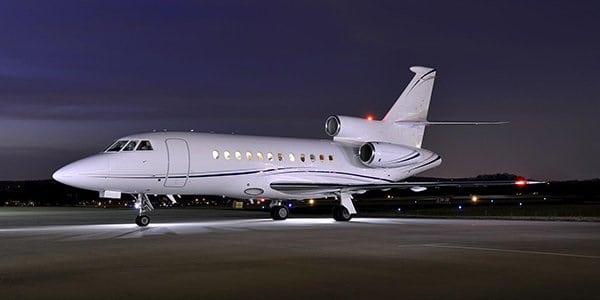
Luxury Travel Private Jet Privatejetia 16
Owning a private jet is a symbol of success and luxury, but it comes with a set of complex tax laws and regulations that can be overwhelming for even the most seasoned owners. Whether you use your jet for business or personal use, understanding the intricate web of private jet tax laws is crucial to ensure that you’re compliant while also maximizing your financial benefits. This guide will offer you creative insights on how to navigate private jet tax laws, keep your operations legal, and explore smart strategies for minimizing your tax burden.
The Fundamentals of Private Jet Taxation
Private jet taxation can vary based on a variety of factors such as how the jet is used, where it’s registered, and even how it’s owned. It’s important to be aware that private jet owners face a combination of federal, state, and local taxes, as well as international taxation when flying abroad. The first step in understanding private jet taxation is to recognize the different kinds of taxes involved.
Sales Tax and Use Tax
When purchasing a private jet, sales tax is typically one of the first things to consider. In many U.S. states, buying a private jet can trigger a sales tax liability. The percentage of sales tax you’ll need to pay depends on the state in which the jet is purchased. States like California and Florida have significant taxes on aircraft purchases, while others, like Nevada, offer exemptions or reduced rates. However, if the jet is used primarily for business, you might be eligible for tax breaks or exemptions in certain jurisdictions.
Alongside sales tax, use tax may apply if the jet is used in a state different from where it was purchased. This is especially important if you’re buying an aircraft in one state but planning to use it in another. Use tax ensures that individuals do not bypass the state’s sales tax by buying a product outside of the state and using it within.
Property Tax on Aircraft
Once you own a private jet, you will likely encounter property tax. Many states assess property tax based on the value of your aircraft, and the tax can be significant depending on the jet’s market value. States like Nevada, Florida, and Texas are known for having more favorable tax rates for aircraft owners, while states such as New York may impose higher taxes. The key to minimizing property taxes is understanding where your aircraft is located and whether it qualifies for tax exemptions based on its use. For example, if the jet is used for business purposes, certain states may offer exemptions or deductions.
Federal Excise Tax
In addition to local taxes, private jet owners are also subject to federal excise taxes (FET) when flying domestically. The IRS levies an excise tax on both commercial and non-commercial flights. This tax applies to any flight that involves paying passengers, whether you are using the jet for a business trip or renting it out to others. The excise tax rate for non-commercial flights can be as high as 7.5% of the flight cost, which includes the aircraft rental fees and other flight-related charges.
If you are leasing the jet or providing it as part of a charter service, the tax may also apply to the lease payments, so it’s important to ensure you’re accounting for this in your business financials.
Depreciation of the Aircraft
One of the most beneficial tax advantages for private jet owners is the ability to depreciate the aircraft’s value over time. The IRS allows for the depreciation of private jets, which can result in substantial tax savings. The typical depreciation schedule for aircraft is five years under the Modified Accelerated Cost Recovery System (MACRS). However, if the jet is primarily used for business purposes, the IRS may allow for more accelerated depreciation, which could lead to larger tax deductions.
However, this benefit can only be fully realized if the jet is being used for legitimate business purposes. For those using the jet strictly for personal leisure, depreciation deductions may not be available. It’s important to maintain meticulous records regarding the use of your private jet to demonstrate its business-related activities to the IRS, especially if you plan to claim these deductions.
Tax Benefits of Aircraft Leasing
For those looking for creative ways to offset the costs of owning a private jet, leasing the aircraft to others is a popular option. By leasing the jet to third parties, private jet owners can potentially generate a significant source of income, which can offset maintenance costs, insurance premiums, and other ongoing expenses. Additionally, leasing may offer potential tax benefits as the aircraft’s depreciation and operational expenses can be deducted as part of the lease agreement.
However, tax rules for aircraft leasing are complex. The IRS has strict guidelines for qualifying the use of an aircraft for lease purposes, and improper reporting could lead to penalties. To avoid problems with the IRS, it is essential to work with an experienced tax advisor who specializes in aviation law to structure your lease agreement properly.
Key Strategies for Maximizing Tax Savings and Legal Compliance
While private jet ownership can involve substantial costs, several strategies can help mitigate the tax burden while ensuring compliance with all relevant laws. Below are some creative and legally sound strategies to maximize the financial benefits of owning a private jet.
Structured Aircraft Ownership
One common strategy used by private jet owners is to structure ownership through an LLC (Limited Liability Company) or a corporate entity. By owning the jet through a business entity, you may be able to take advantage of tax deductions that you wouldn’t qualify for as an individual. Corporate ownership also provides additional legal protections in case of liability issues, and it can allow you to deduct expenses associated with the operation of the jet, such as fuel, pilot salaries, and maintenance costs.
Furthermore, owning an aircraft through a corporate entity can help establish the aircraft as a business asset, which could provide more favorable tax treatment. If you are using the jet primarily for business purposes, such as for client meetings or corporate events, the operating expenses and depreciation of the jet can potentially be written off as business expenses.
Fractional Ownership
For those who want to enjoy the benefits of private jet ownership without bearing the full financial burden, fractional ownership is an attractive option. In this setup, multiple owners share the cost of the aircraft, including its purchase price, maintenance, and operating costs. Fractional ownership can make owning a private jet more affordable, and it may also offer certain tax benefits, such as sharing depreciation and operational costs across multiple owners.
This model can be especially useful for businesses that need a jet for travel but don’t require full-time access to one. Fractional ownership also allows owners to share in the income generated from leasing the jet, further offsetting the costs of ownership.
Charitable Contributions
Another creative way to reduce your tax burden while still enjoying private jet ownership is by making charitable contributions. If you’re using your private jet for business or charitable purposes, you may be able to deduct a portion of the flight costs as a donation. In certain circumstances, jet owners can donate flight hours to qualified charitable organizations and receive a tax deduction for the fair market value of the flight.
This is a great way to combine philanthropy with business needs. However, as with other aspects of private jet ownership, it’s important to keep detailed records of flights, expenses, and donations to ensure compliance with IRS guidelines.
International Considerations for Private Jet Owners
If you plan to fly internationally, you’ll need to consider the international tax implications of private jet ownership. Different countries have their own tax codes, and you’ll need to familiarize yourself with value-added tax (VAT) laws, import duties, and tax treaties that may apply when flying abroad.
For instance, European countries charge a VAT on aircraft purchases, which can be substantial. However, there are ways to mitigate this cost, such as purchasing the jet in a country that offers VAT exemptions for business use, or by registering the aircraft in a jurisdiction with favorable tax laws.
It’s also important to be aware of aviation regulations in other countries, as flying your private jet to certain regions may require special permits, additional taxes, or adherence to specific safety standards. Some regions have particularly stringent regulations around jet emissions and noise, so ensuring compliance with these international rules is essential for smooth operation.
Conclusion
Navigating the tax laws and regulatory requirements surrounding private jet ownership is a complex yet necessary part of the process. From understanding sales tax and use tax to structuring ownership through an LLC or corporate entity, there are many ways to optimize your tax savings while staying compliant with the law. By employing creative strategies such as fractional ownership, leasing, and charitable contributions, you can offset some of the significant costs associated with private jet ownership.
Ultimately, understanding and adhering to private jet tax laws is essential to ensuring that your aircraft remains both a beneficial asset and a legal one. Whether you are flying for business, leisure, or a combination of both, staying informed about the evolving tax landscape and regulatory requirements will help you avoid costly mistakes and make the most of your investment in aviation. Consulting with aviation tax professionals and legal advisors will always ensure that your private jet ownership remains financially sound, legally compliant, and aligned with your overall business strategy.






